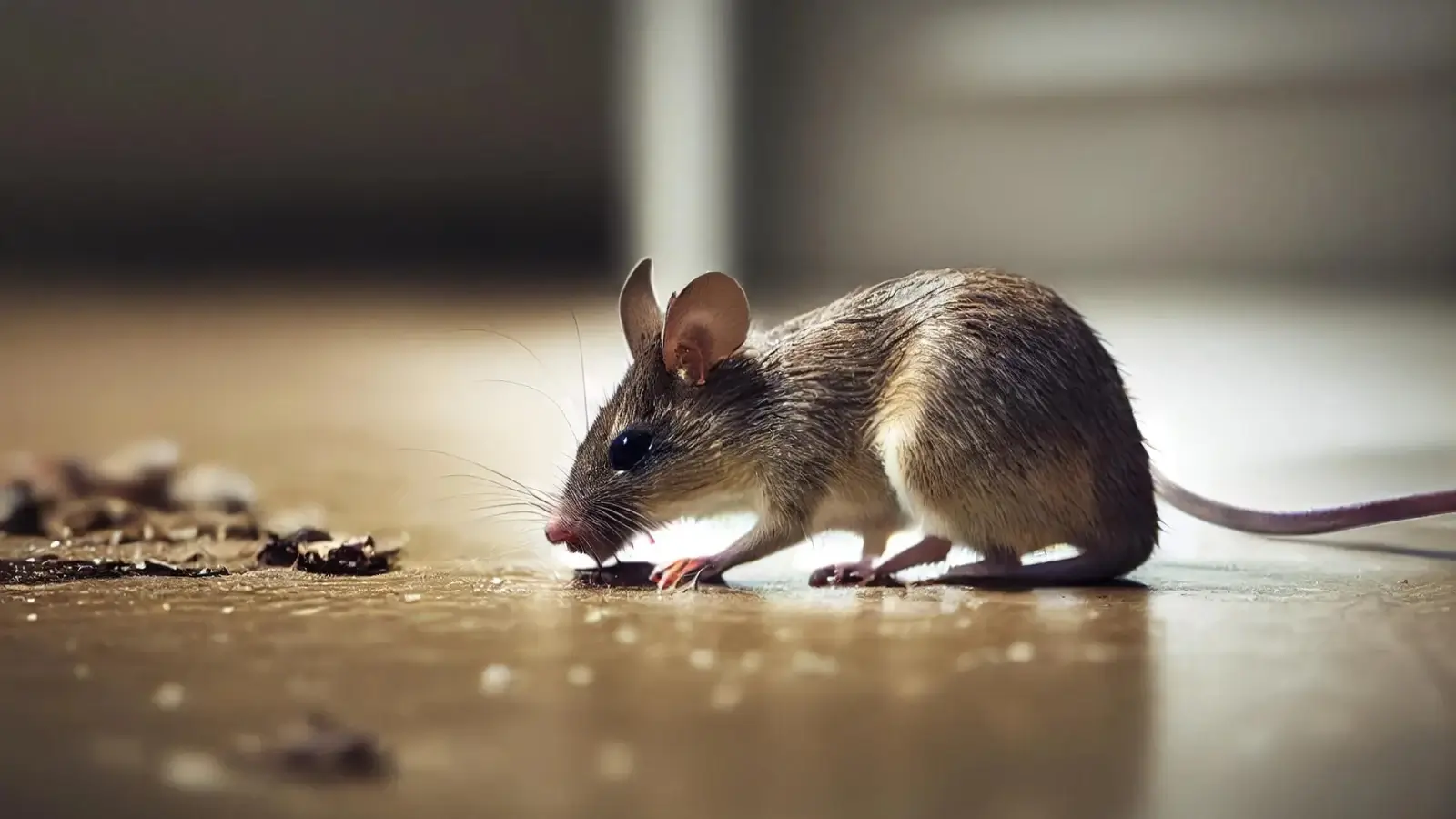


Rodents are frequently underestimated. While most people think of them as nuisances that nibble on crumbs or scurry through attics, their presence is more dangerous and costly than it first appears. This Q&A-style article explores how rodents silently degrade your home’s infrastructure and comfort over time—and why a deeper understanding of their behavior matters.
Rodents are incredibly adaptive. Whether it's rats, mice, or squirrels, they seek out warmth, shelter, and food—just like humans. Homes provide all three. Once inside, rodents multiply quickly, often establishing colonies in unseen areas like walls, attics, and crawl spaces.
In addition to their reproductive speed, they can enter through holes as small as a dime and squeeze through wall cavities and ductwork with ease. This adaptability makes rodent control challenging, particularly when infestations aren’t caught early.
The damage goes far beyond what’s immediately visible. One of the biggest threats rodents present is to your home's internal systems. For example:
Electrical damage: Rodents chew wires to keep their teeth trimmed. This creates fire hazards and can lead to short circuits or complete outages.
Insulation contamination: Urine and feces degrade insulation material, reducing energy efficiency.
Air quality issues: Droppings and dander can circulate through your HVAC system, triggering allergies and spreading bacteria.
Structural compromise: Over time, gnawing and tunneling weaken beams, panels, and seals.
So, while it may start with crumbs in the pantry, the consequences of ignoring pest control are far more severe.
Rodents are nocturnal and cautious. Here are some lesser-known red flags:
A faint scratching sound in the walls or ceiling, especially at night
Musty or ammonia-like odors, often from rodent nests or droppings
Grease marks along baseboards or walls from frequent travel paths
Pet behavior changes, such as barking or scratching at certain walls
Spotting just one of these signs means it's time to investigate further. Rodents rarely come alone, and if you see one, others are likely hiding nearby.
Yes—very often. Rodents are mobile hosts for parasites such as fleas, mites, and ticks. These secondary infestations can lead to more complex problems. For instance, a rodent issue can soon evolve into a flea outbreak in your carpets or a mite presence that irritates pets.
In some cases, rodent activity even creates conditions that invite other pests. Their gnawed openings in siding or roofing allow ants, spiders, and cockroaches easier entry into your home. Comprehensive pest control is essential because it's rarely a single-species problem.
Spiders are opportunists. While they generally don’t live in direct association with rodents, the conditions rodents create—dark, quiet, undisturbed areas—make perfect homes for spiders. Leftover crumbs or nesting materials can also increase the insect population, providing food for spiders.
So, while they may not arrive together, rodent infestations often lead to increased spider control needs down the line. Both thrive in neglected corners of homes and can compound each other’s presence.
Absolutely. Rodents often travel through ductwork, chewing insulation and sometimes the ducts themselves. They use these systems as sheltered highways through the home. The biggest concern is contamination: if a rodent nests or dies in the duct, the entire system may circulate harmful particles throughout your living space.
Repairing HVAC-related rodent damage can be costly—and sometimes requires full system sanitization. That’s why proactive rodent control is so critical.
Not necessarily. Even clean homes can fall victim to rodents. While food access does attract them, many infestations begin with outdoor pressure: cold weather, construction disturbances, or loss of natural habitat can all drive rodents indoors.
Homes near open fields, wooded areas, or abandoned structures are especially vulnerable. Gaps in foundations, loose soffits, or unsealed utility lines provide easy access. Prevention isn’t just about cleanliness; it’s about secure sealing and regular inspection.
At a minimum, homes should be inspected seasonally—especially in fall and winter when rodents seek warmth. However, ongoing attention is best. Keep an eye on garages, basements, and attics. Look for droppings, torn insulation, or nesting materials.
If you live in a rodent-prone area, routine maintenance from professionals is a smart investment. Companies like Habitat Pest & Lawn can help identify vulnerabilities before they become infestations.
Traps and poisons offer temporary relief, but they don’t address the root cause: access points, nesting areas, or colony elimination. Rodents are intelligent. They learn to avoid traps and often require varied baiting and strategic placement to be caught.
Moreover, improperly used poisons can create new problems—such as dead rodents in inaccessible places, leading to odor and sanitation issues. Successful rodent control requires a targeted, professional plan with consistent monitoring.
Don’t wait until you see a rodent. Act on signs, sounds, and subtle shifts. A proactive approach, combined with proper sealing and long-term planning, is your best defense.
Rodents may be small, but their impact is significant—physically, financially, and emotionally. Addressing the issue holistically is the only way to truly protect your home and peace of mind.